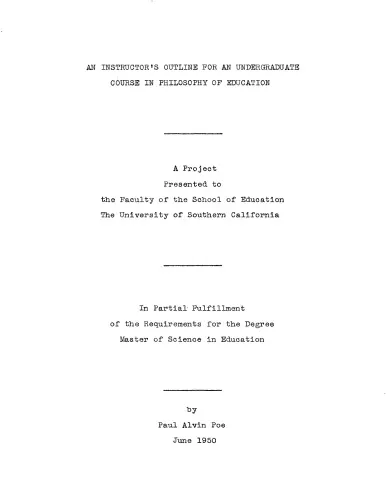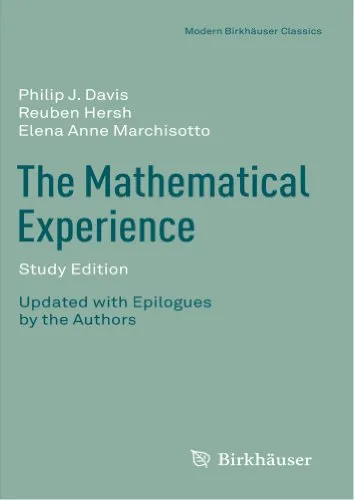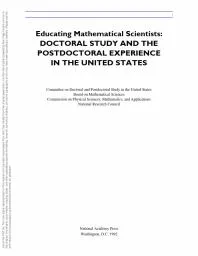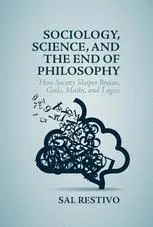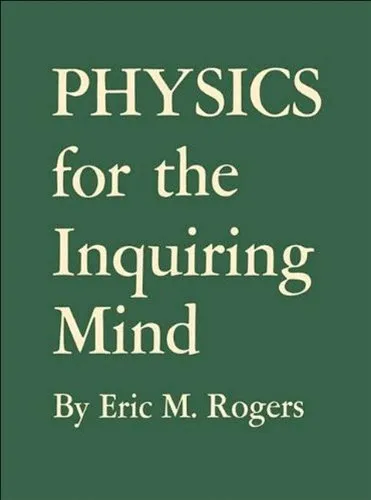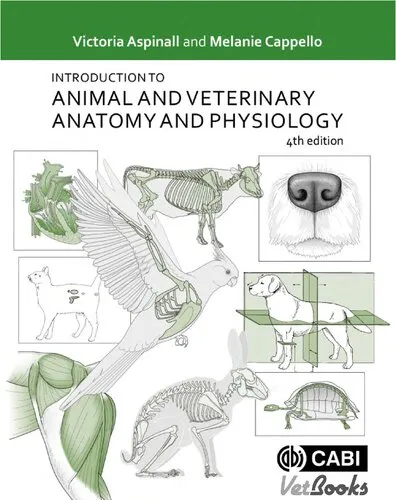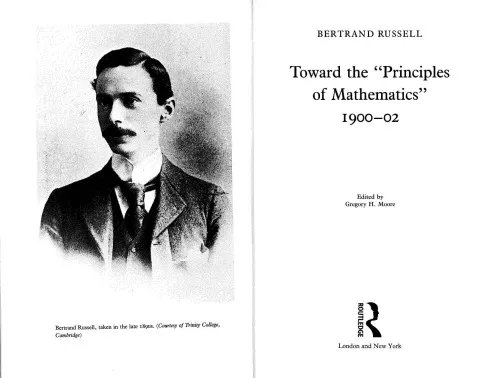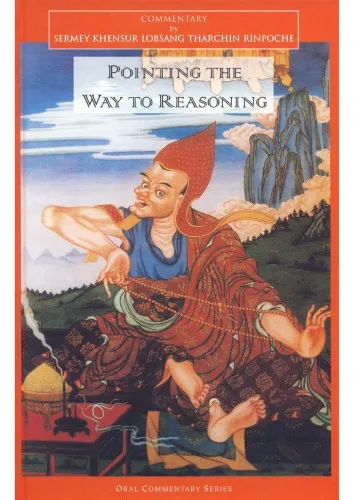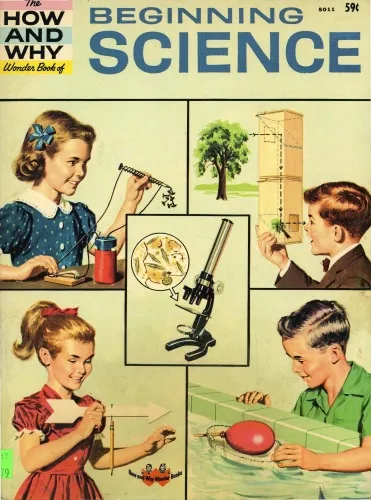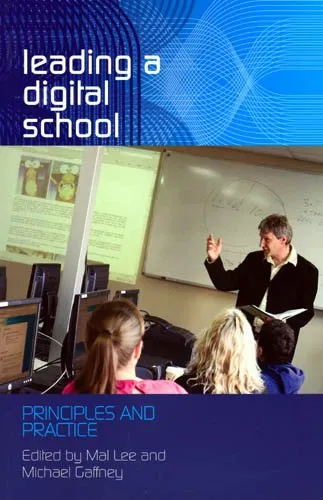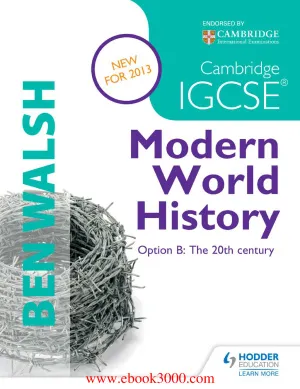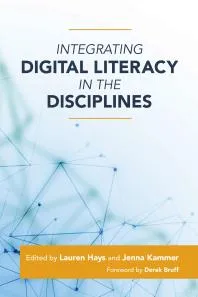An instructor’s outline for an undergraduate course in philosophy of education
4.9
Reviews from our users

You Can Ask your questions from this book's AI after Login
Each download or ask from book AI costs 2 points. To earn more free points, please visit the Points Guide Page and complete some valuable actions.Related Refrences:
Introduction
Welcome to "An Instructor’s Outline for an Undergraduate Course in Philosophy of Education," an exploration into the rich and diverse field of educational philosophy. This book serves as a comprehensive guide for instructors tasked with introducing undergraduate students to educational philosophy's fundamental concepts, historical developments, and contemporary questions. Designed to be both informative and thought-provoking, this guide will equip educators with the tools necessary to inspire and engage a new generation of thinkers.
Detailed Summary of the Book
The book is structured to provide a detailed outline for an entire semester-long course, meticulously divided into coherent modules and class segments. Each module focuses on a specific philosophical theme or question pertinent to education. Beginning with an exploration of fundamental philosophical inquiries, such as "What is the purpose of education?" and "What does it mean to learn?", the course outline provides a solid foundation on which to build further discussions.
As the course progresses, students are introduced to the works and perspectives of prominent philosophers like Plato, Rousseau, Dewey, and Freire. The book delves into their contributions to educational philosophy, highlighting both the historical context of their ideas and their relevance today. Through a series of lectures, readings, and discussions, instructors are guided in helping students develop their critical thinking skills and philosophical reasoning. Further topics include ethics in education, the role of the teacher, and the impact of sociopolitical contexts on educational philosophies.
Key Takeaways
- The purpose and evolving nature of education within society.
- How historical figures and movements have shaped contemporary educational philosophies.
- Critical thinking and philosophical reasoning applied to teaching and learning.
- The implications of educational philosophies on modern educational practices and policies.
Famous Quotes from the Book
"Education is not preparation for life; education is life itself." - John Dewey
"The aim of education is not knowledge but action." - Herbert Spencer
"The mind is not a vessel to be filled, but a fire to be kindled." - Plutarch
Why This Book Matters
This book holds great significance as it bridges the gap between complex philosophical texts and practical teaching methods. It assists instructors in translating philosophical concepts into engaging curriculum that resonates with undergraduate students. This guide addresses the urgent need for critical engagement in education, providing educators with the resources to challenge and motivate students to think deeply about their roles as learners and global citizens.
In an era where educational paradigms are constantly evolving, it is crucial to critically examine and question the foundational philosophies that inform them. By offering a clear and structured approach, this book invites educators to foster environments of inquiry and reflection. It empowers them to develop courses that are not only informative but also transformative, nurturing students who are capable of contributing thoughtfully to an ever-changing world.
Ultimately, "An Instructor’s Outline for an Undergraduate Course in Philosophy of Education" aims to enrich the educational landscape by preparing instructors to engage effectively with philosophical thought and uphold the critical value of education itself. Through this work, we hope to inspire a future where philosophical dialogue continues to play a pivotal role in shaping educational experience.
Free Direct Download
You Can Download this book after Login
Accessing books through legal platforms and public libraries not only supports the rights of authors and publishers but also contributes to the sustainability of reading culture. Before downloading, please take a moment to consider these options.
Find this book on other platforms:
WorldCat helps you find books in libraries worldwide.
See ratings, reviews, and discussions on Goodreads.
Find and buy rare or used books on AbeBooks.
1401
بازدید4.9
امتیاز0
نظر98%
رضایتReviews:
4.9
Based on 0 users review
Questions & Answers
Ask questions about this book or help others by answering
No questions yet. Be the first to ask!
